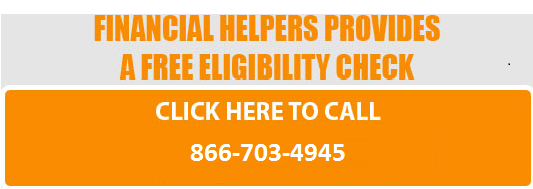Consumer Debt is Now Higher than During 2008 Financial Crisis
It may not be fully understood what causes the recession, but usually high levels of consumer debt play a major role. If we take on a lot of debt, we do so because the economy allows us to. Either things are going really great, as they appear to be doing so currently record levels of low unemployment, or things are going well and people need to take on debt to get through it.
Right now, maybe both of these situations are in play. Consider that were just now coming out of the recession that hit back in 2008. It took us nearly an entire decade to get back on our feet. During that time, people had no choice but to take out debt in order to survive. They went back to school, took up credit cards, and got behind on their bills and had to use loans to pay for them.
And while these situations are in flux, the total US consumer debt has surpassed $14 trillion early in 2019. This is higher than the $13 trillion limit back in 2008. That much household debt helped send the global economy into a tailspin. We’re talking about auto loan debt, credit card debt, student loan debt, and mortgage debt, with many Americans balancing all four.
All of this data is according to Marquette Associates Senior research analyst Ben Mohr. In 2008 it was the housing market that really pushed economy into a major recession. This time, if such a thing happens, it will be because of student loan debt which is sitting a notable increase among economists and strategists.
Rising Consumer Debt
Right now, we may begin to see larger amounts of consumer debt. Read time in the stock market is at or near record highs. Housing market is doing really well, the Federal Reserve is looking at reducing interest rates, and the job market is better than it’s ever been before. When things are good like this, it starts to get some economists worried about the spending habits of Americans which can throw this entire system into a lurch.
Eventually the debt becomes too much for Americans to handle. The bubble pops. Interest rates start rising and the cost of living starts to push beyond what most Americans can handle. But were not there yet, as the Marquette analyst says defaulting on this debt is still quite low, meaning Americans and investors alike aren’t being overwhelmed.
In fact, consumer delinquency on loans are very near historic lows. Back in 2008, the increase in loan delinquencies revealed that there was a major problem in crack was beginning to form under the weight of so much consumer debt. That’s not happening today, so not too many people are worried that we’re in the midst of a new recession, but it won’t take too much, especially as the weight of debt gets heavier and cracks begin to form.
Were even finding that Americans who default on their first mortgage loans are much lower than before the 2008 recession. Were currently living in a time with historically low interest rates, increased job numbers, and steadily increasing salaries. Hopefully we can continue down this path of American prosperity.

